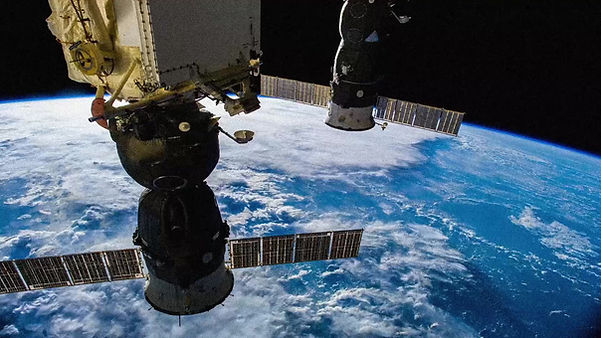
Science
Science
At King Edward VI High School, we believe that an understanding of science is crucial for all students, given its central role in modern society. Our Science department is dedicated to fostering curiosity and a passion for scientific inquiry, providing a comprehensive curriculum from Key Stage 3 through to A Level. Our goal is to equip students with the knowledge and practical skills they need to explore the world around them, preparing them for a future in a world increasingly dependent on science and technology.


Key Stage 3
During Key Stage 3, students follow a broad curriculum based on the 2013 Science National Curriculum. They study a range of topics across Biology, Chemistry, and Physics, building a solid foundation of scientific knowledge. Practical work is a key component of this stage, helping students develop higher-level thinking skills, scientific enquiry, and a deeper understanding of core concepts.
GCSE
At GCSE level, we offer two pathways to cater to students' different strengths and aspirations:
-
AQA Combined Science (Trilogy): This course provides a broad understanding of the key principles of Biology, Chemistry, and Physics, leading to two GCSE qualifications.
-
AQA Separate Sciences: This pathway is designed for our most able students, who delve deeper into each discipline. They are awarded three separate GCSEs in Biology, Chemistry, and Physics, covering additional topics such as Space Physics.
A Level
In our Sixth Form, we offer A Levels in all three core sciences for those wishing to specialise:
-
Biology (AQA): A challenging and rewarding course that explores the incredible diversity of life.
-
Chemistry (OCR): A fascinating subject that delves into the structure and properties of matter.
-
Physics (AQA): An in-depth study of the fundamental principles of the universe, from mechanics to astrophysics.
Practical work is a significant feature of our A Level courses, exceeding the statutory requirements to ensure students are fully prepared for further study and careers in STEM fields.





.png)